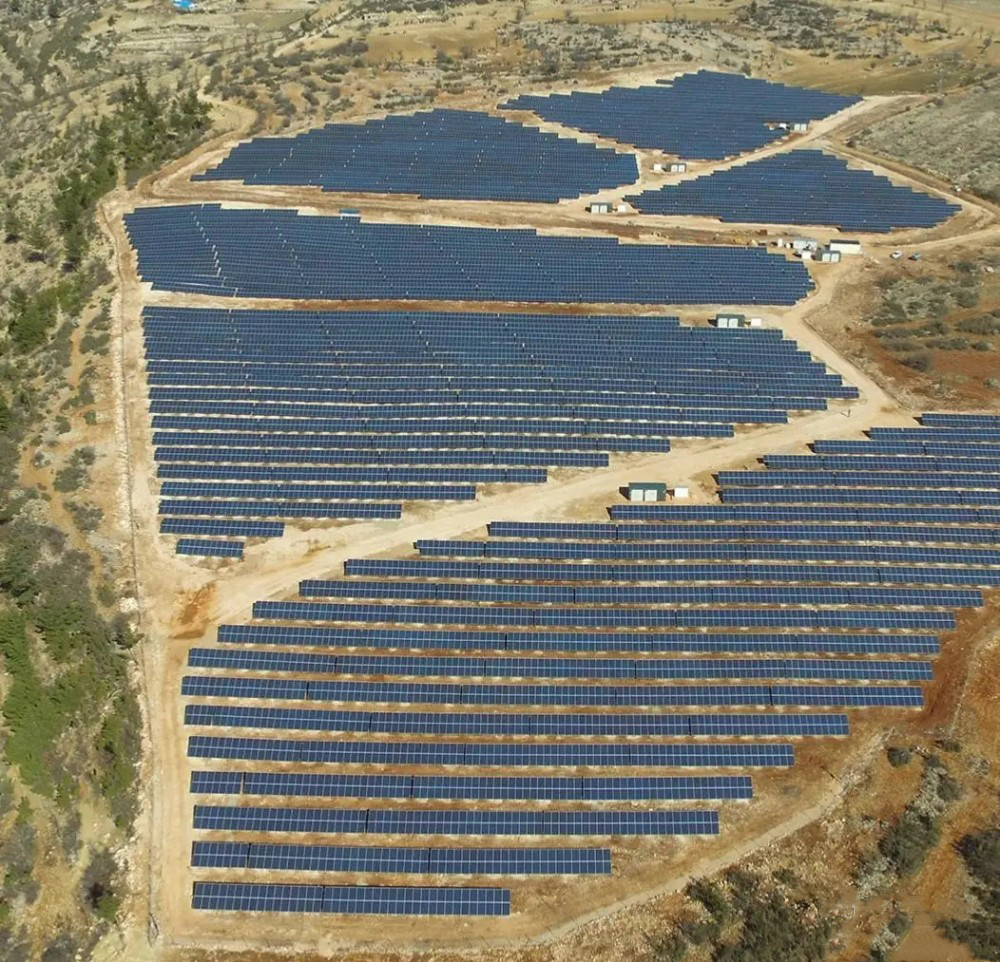According to foreign media reports, the Indian government has promised to provide financial support for the deployment of 4GWh battery energy storage projects in its national budget and said it would develop a support mechanism for the construction of pumped storage facilities.
Indian Finance Minister Nirmala Sitharaman recently submitted a federal budget for 2023-2024, in which "green growth" is one of its seven main priorities. Other matters include reforming and supporting the financial sector, inclusive development and increasing investment in infrastructure and production capacity.
Through the green growth priority agenda, 350 billion rupees (4.28 billion US dollars) will be provided for the capital investment of the Indian Ministry of Oil and Gas in energy transformation and net zero agenda projects.
Sitharaman also reiterated India's commitment to the national green hydrogen mission, which was implemented after similar successful plans for solar power generation projects. India will invest 197 billion rupees (US$ 2.4 billion) in the hydrogen energy mission, and its goal is to produce 5 million tons/year of green hydrogen by 2030.
In addition, the Indian government will provide substantial financial support for the interstate transmission project of 13GW of renewable energy from the northeast of Ladakh and implement the so-called green credit plan to encourage environmentally sustainable and responsive actions.
In the green growth part of Minister Sitharaman's speech, support measures for energy storage deployment were mentioned.
Sitharaman said: "To guide the economy onto the road of sustainable development, the battery energy storage system with a total energy storage capacity of 4GWh will be supported by the Feasibility Gap Fund (VGF)."
He added that the Indian government would formulate a detailed framework for pumped storage (PHES) power generation facilities.
This is the second consecutive year that Sitharaman directly mentioned the role of the energy storage system in achieving India's energy development goals in the national budget, including achieving net zero by 2070, strengthening power grid operation, and extending electrification to rural communities.
Debi Prasad Dash, Executive Director of IESA, welcomed the Feasibility Gap Fund (VGF), which will help promote the deployment of battery energy storage projects in India.
However, the Indian Energy Storage Alliance (IESA) has suggested some suggestions. The Indian Ministry of Finance can take measures to help promote the development of the fixed energy storage sector and the green hydrogen and electric vehicle (EV) industries.
The essential suggestion is that tax incentives stimulate investment in energy storage deployment. This has not been adopted in the budget document announced a few days ago, but the goods used to manufacture lithium-ion batteries have tariff exemptions. Dash said that this would further promote the development of the energy storage industry and the implementation of the associated incentive (PLI) plan.
